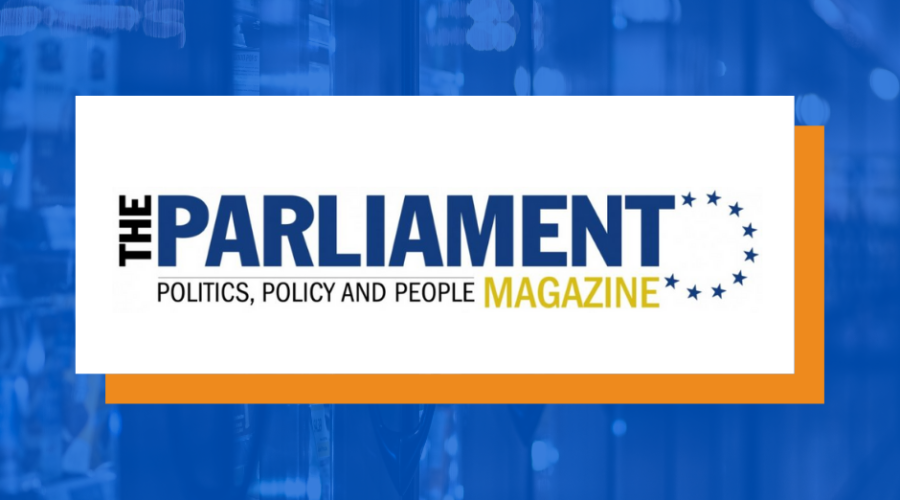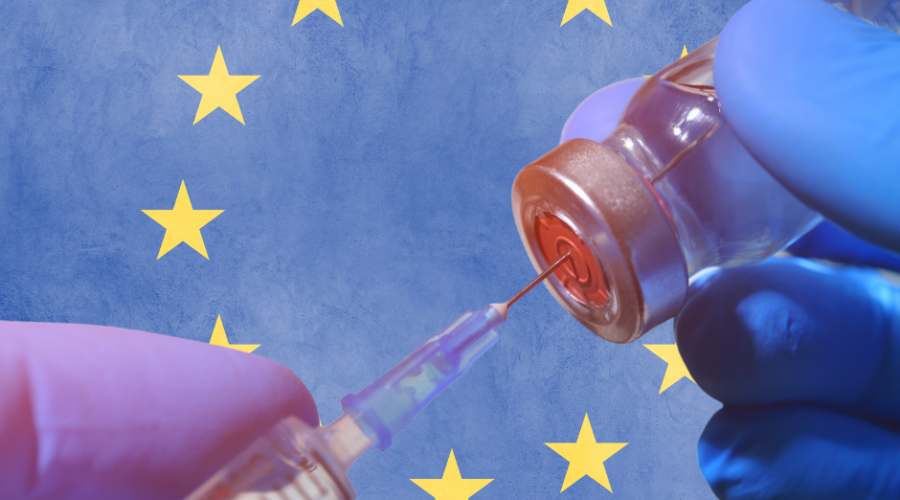Dubai jobs and visas: meet the remote workers who escaped a world in lockdown
More young professionals and start-ups are choosing Dubai as their home – with newly relaxed visa rules and a fast vaccine programme among the key drivers.
The National spoke to the founder of a German homeware brand, a British software company, and a Lithuanian travel agency, along with other digital remote workers who made the move.
Several visited during the height of Europe’s winter lockdowns and have now decided to return.
“There were a lot of people who came here last autumn and stayed for several months because of the restrictions in their own countries,” said Fred Roeder, managing director of London-based Consumer Choice Centre.
“There was nowhere else to go that offered the same freedoms in Covid times.”
Now many of those visitors are making the move permanent.
“Dubai is experiencing a tectonic shift at the minute, with more and more highly skilled professionals starting to call it home,” he said.
Mr Roeder, a respected health economist, produces a regular global resilience ranking of how well countries fared in the pandemic, which last week ranked the UAE second in the world.
It also recognised the Emirates for performing significantly better with its vaccination campaign than European Union countries.
The campaign, which delivers doses to people of all ages at the same time, means new arrivals can get the shots as soon as their visa residency documents are ready, which typically takes three or four weeks.
“Even though there is a lot of freedom you still see people sticking to the rules, you don’t see as many people in other countries keeping their masks on,” said Mr Roeder, a German who now too is based in Dubai.
The government’s decision to grant resident visas for working remotely make it an even more desirable location, especially for younger people.
The most recent figures available, from Dubai Tourism in late March, show 1,700 people had applied for its remote working visa – the application link is here – with most accepted. For the first time, it allows people to live in the Emirates and work for a company abroad that has no base here.
In addition, 16,000 foreign travellers opted to take advantage of the city’s free visa extension in January, Dubai Tourism’s chief executive Issam Kazim told CNN Travel. Traditional visa routes working for domestic companies, self-employment and founding a start-up business are still popular.
Originally published here.









